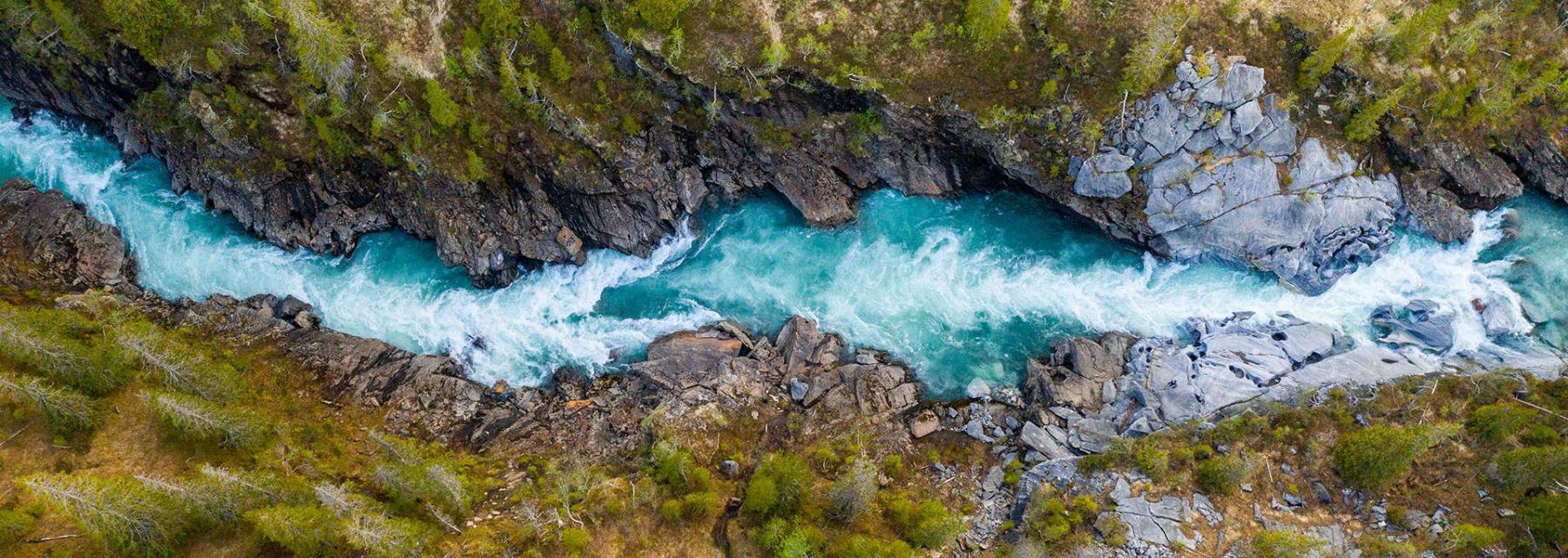
Chemical Water Quality Field Research Project
by Amanda Stalvey
Built as a month long, end of year project, students get to discover the water quality of several geographically different natural water sources by completing field research and data collection. As a student centered project, students will research how to use different water quality testing probes, then conduct online and book research to better understand what water quality is and how it is affected by various contaminants, chemicals and the environment. Using their research and field data, students share their results with each other and write a cumulative water quality report in which they compare and rank the natural water sources they test to each other for safety and environmental impact.
Lesson Plan Link/URL
https://docs.google.com/presentation/d/1kO2haGR__mlh80DBqD1ich6oqkYj48tx/edit?u…Subject Area
Science Physical Science P1: Matter Engineering S4: Apply Science to Engineering Mathematics Measurement and Data (MD) Ratio and Proportion (RP) Expressions and Equations (EE) Statistics and Probability (SP) Algebra (A)
Featured
Off
Related Content

Grades:
9th Grade, 10th Grade, 11th Grade, 12th Grade
Students pull wooden "sleds" with different masses on them over various types of surfaces with spring scales (force meters) to calculate the different coefficients of friction. Students graph the data

Grades:
7th Grade, 8th Grade, 9th Grade, 10th Grade, 11th Grade, 12th Grade
This lesson is a whole unit on energy. It can be broken up into 10 separate lessons. I chose to put them all together so that it was easier to see how I organized them so you did not have to search

Grades:
8th Grade, 9th Grade, 10th Grade, 11th Grade, 12th Grade
A lesson designed for an engineering course but that can be used in a science course where we investigate the physics of waves and how it can be applied to the world of art. Students will design and